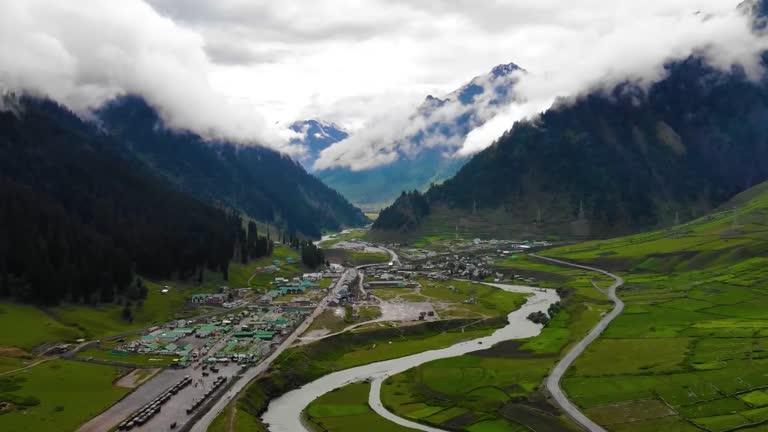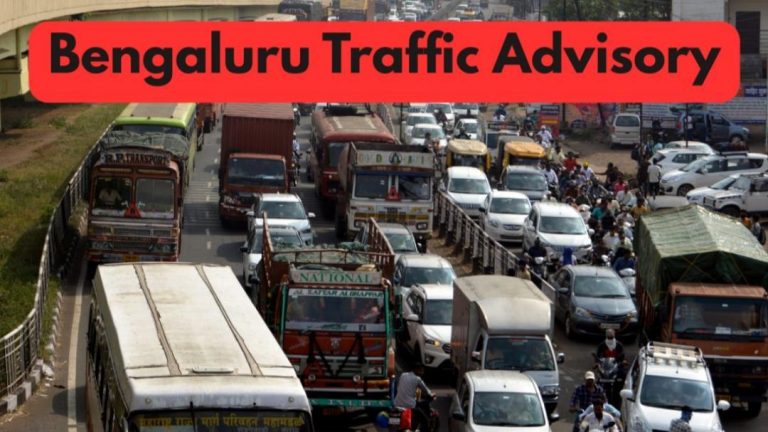
Over 83,000 non-state subjects received J&K domicile: State Govt
The state government of Jammu and Kashmir has revealed that over 83,000 people, or “non-state subjects”, have received domicile certificates in the state in the last two years. This information was shared in a written reply to a question raised by PDP’s Waheed ur Rehman Para in the state assembly. According to the Jammu and Kashmir Revenue Department, a total of 35,12,184 certificates were issued through the department in the last two years.
This development comes as a significant update on the domicile certificate issuance process in Jammu and Kashmir, which has been a topic of much debate and concern in recent times. The domicile certificate is a crucial document that grants a person the right to own property, seek employment, and access various government services in the state.
The issuance of domicile certificates to non-state subjects has been a bone of contention in the region, with many locals and political parties expressing concerns about the potential implications on the demography and culture of the state. The issue gained momentum after the Jammu and Kashmir Reorganisation Act, 2019, was passed, which effectively downgraded the state’s status from a state to a union territory.
The Act introduced a new domicile law, which defines a “permanent resident” of Jammu and Kashmir as a person who has lived in the state for at least 15 years or has a parent or spouse who is a permanent resident of the state. The law also granted domicile certificates to non-state subjects who have lived in the state for at least 10 years or have a parent or spouse who is a permanent resident of the state.
According to the latest figures shared by the Jammu and Kashmir Revenue Department, a total of 83,436 non-state subjects have received domicile certificates in the last two years. This number represents around 23% of the total number of domicile certificates issued during this period.
While the exact breakdown of the domicile certificate holders by district is not publicly available, it is worth noting that the majority of the certificates were issued in the Kashmir Valley, which has historically been the most densely populated and economically vibrant region of the state.
The issuance of domicile certificates to non-state subjects has been a controversial topic, with many locals and political parties expressing concerns about the potential implications on the demography and culture of the state. Some have argued that the certificates could lead to an influx of outsiders and alter the cultural and demographic landscape of the state.
However, the state government has maintained that the domicile certificate issuance process is aimed at providing economic opportunities and social security to non-state subjects who have made significant contributions to the state’s development. The government has also argued that the certificates do not grant permanent residency status, which is still reserved for permanent residents of the state.
The controversy surrounding the domicile certificate issuance process has also led to concerns about the potential implications on the state’s economy and infrastructure. Many locals have expressed concerns about the potential impact on the state’s housing market, employment opportunities, and access to government services.
In recent months, there have been reports of tension and violence in the region, particularly in the Kashmir Valley, where locals have protested against the issuance of domicile certificates to non-state subjects. The situation has been further complicated by the ongoing COVID-19 pandemic, which has led to a surge in unemployment and economic uncertainty in the region.
In light of these developments, it is clear that the domicile certificate issuance process in Jammu and Kashmir is a complex and controversial issue that requires careful consideration and deliberation. While the state government may have legitimate reasons for issuing domicile certificates to non-state subjects, it is also essential to address the concerns and fears of locals and ensure that the process is transparent and fair.
Ultimately, the fate of Jammu and Kashmir’s demography and culture will depend on the state government’s ability to strike a balance between economic development and social harmony. As the region continues to grapple with the implications of the domicile certificate issuance process, it is essential that all stakeholders work together to find a lasting solution that benefits the people of the state.
Source: https://thecsrjournal.in/non-state-subjects-received-domicile-certificates-last-two-years-jk-govt/






